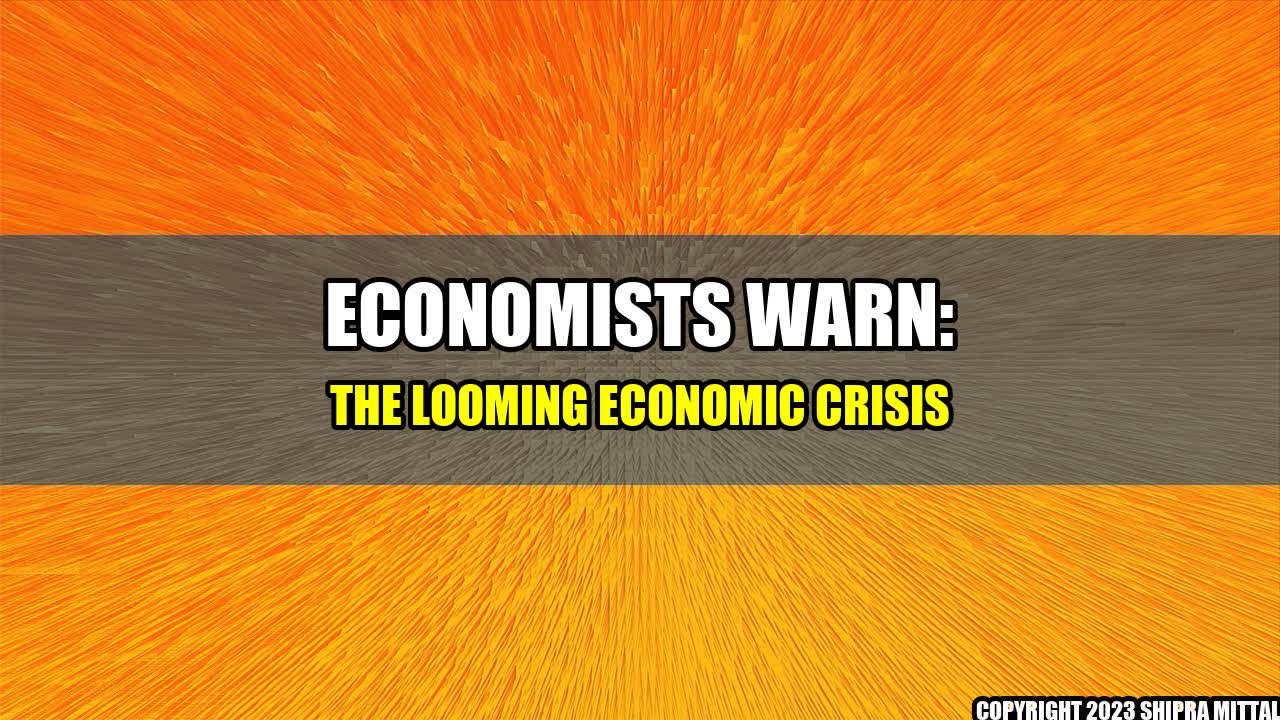It was a bright morning in New York City when John, a software engineer, woke up to the news that his company had filed for bankruptcy. Shocked and bewildered, he tried to make sense of what had just happened. He had always thought that his company was one of the most innovative and successful in the tech industry, but now it seemed like everything was falling apart.
Unfortunately, John's story is not unique. In fact, many companies around the world are facing the same fate. The COVID-19 pandemic has wreaked havoc on the global economy, and the worst is yet to come. Economists warn that the world is heading towards a severe economic crisis, and we need to take action now to prevent it from happening.
Here are some real-life examples of companies that are on the brink of collapse:
- AMC Theatres - the largest cinema chain in the world has lost billions of dollars in revenue due to the pandemic and is struggling to survive;
- Cirque du Soleil - the world-famous circus company has filed for bankruptcy after cancelling all its shows due to the pandemic;
- Airlines - the aviation industry has been hit hard by the pandemic, with many airlines on the verge of bankruptcy;
- Debenhams - one of the UK's oldest and best-known department store chains has filed for bankruptcy, blaming the pandemic for its collapse;
- Carrefour - one of the largest supermarket chains in the world has announced a cost-cutting plan that includes job cuts, store closures, and limiting the opening of new hypermarkets.
As you can see, no industry or sector is immune to the economic crisis. However, there are some companies that are thriving despite the pandemic. For example, Apple recently became the first company to reach a market value of $2 trillion, thanks to its strong sales of iPhones and other products. Similarly, Tata Steel in India has seen its stock price rise due to a revival in global steel prices.
So, what can we learn from these examples? Firstly, we need to understand that the economic crisis is not just a short-term problem that will go away on its own. It will have long-lasting effects that will reshape the world economy for years to come. Secondly, we must be prepared to adapt to the changing economic landscape by investing in new technologies, products, and services. Finally, we need to work together as a global community to mitigate the impact of the crisis on the most vulnerable populations.

Akash Mittal Tech Article
Share on Twitter Share on LinkedIn